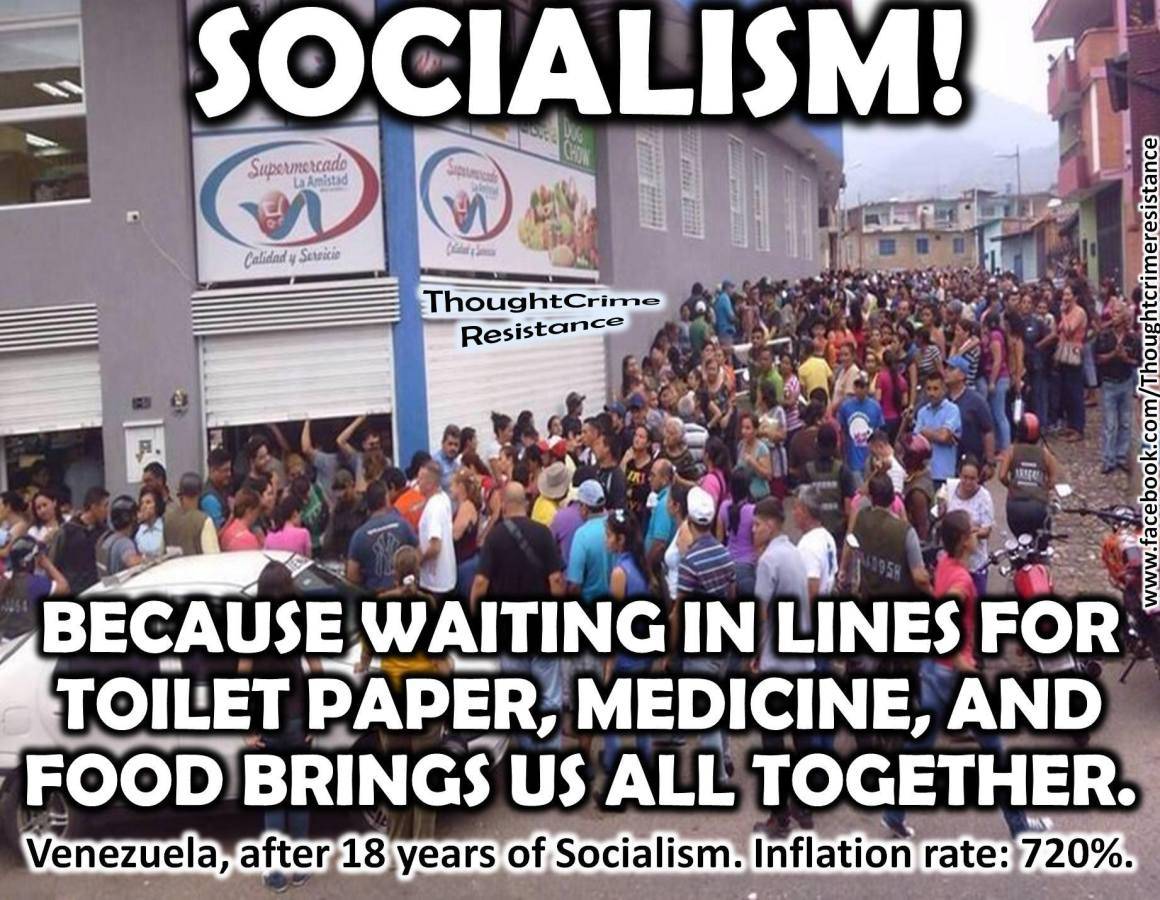- Moderator
- #1
This is what the Socialist policies of Chavez and Maduro has rought on a once thriving nation
Venezuela Can't Afford to Print More Money | Rachel Cunliffe
Venezuela Can't Afford to Print More Money | Rachel Cunliffe



